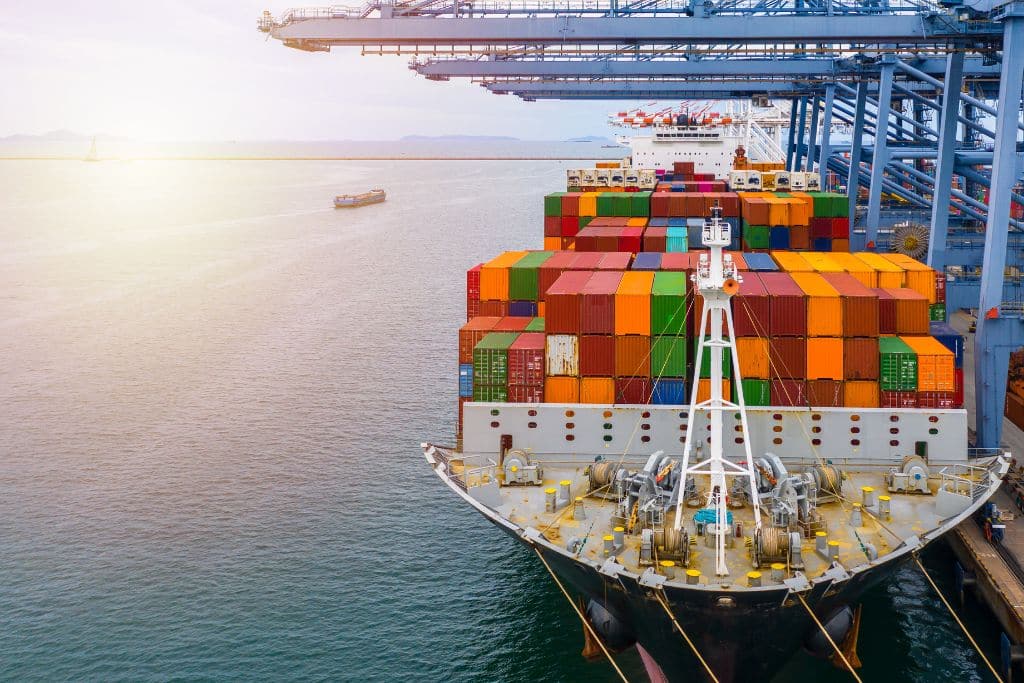The new deal forces shipping companies to pay for their carbon emissions after years of managing to avoid pollution charges from the bloc. Environmental campaigners say adding the maritime sector to the EU carbon market will speed up decarbonisation.
—
EU lawmakers and negotiators agreed on Tuesday to add the shipping industry to the EU Emissions Trading System (ETS), a cornerstone of the bloc’s policy to fight climate change and reduce greenhouse gas emissions cost-effectively.
The decision to include the maritime sector in the EU carbon market effectively forces vessels to pay for their carbon dioxide, methane, and nitrogen dioxide emissions for voyages within the bloc, adding pressure to scale up green infrastructure and technologies.
Starting in 2024, shipping companies will have to buy carbon permits to cover at least 40% of their emissions. By 2026, these will have to cover 100% of emissions.
The maritime transport industry accounts for about 90% of world trade and plays a key role in the bloc’s economy. However, it is also a large and growing source of pollution, responsible for about 3 to 4% of the EU’s total CO2 emissions annually. In 2019, these amounted to approximately 144 million tonnes.
Launched in 2005, the EU ETS is the second-largest carbon market in the world and is linked to limiting emissions from 10,000 different installations in the power sector, combustion plants, oil refineries, and airlines. Since its introduction, the bloc managed to cut emissions by around 43% in these sectors.
Prices for each tonne of emissions are currently around €80 (US$84), a level that analysts say “will spur further investment in low-carbon energy sources.”
You might also like: What is an Emissions Trading Scheme and How Does It Work?
In 2021, the European Commission advanced a series of legislative proposals targeting the shipping industry to deliver the European Green Deal, the bloc’s long-term growth strategy to make Europe climate-neutral by 2050. Besides extending the ETS to maritime transport, the bloc proposed boosting demand for marine renewable and low-carbon fuels and setting mandatory targets for shore-side electricity supply at ports.
Tuesday’s agreement effectively caps maritime transport emissions as part of the overall ETS cap, incentivising a flexible and cost-effective reduction of GHG emissions, generating revenues to tackle global warming, and encouraging innovation.
World Shipping Council’s (WSC) has issued a response to the preliminary agreement by the European Parliament, Council and Commission. “We are ready, and we hope that the EU ETS for maritime will help drive investment in renewable energy as well as in the supply networks needed for the alternative maritime fuels necessary to make the transition,” said Jim Corbett, the WSC’s Environmental Director for Europe.
The deal came one day ahead of the EU’s proposal of new regulations on packaging waste and carbon removal projects, both crucial steps to bloc’s green goals.
You might also like: EU Unveils New Rules to Cut Packaging Waste and Certify Carbon Removal Projects


















